
Photo by Chantel Cox, PhD Student, Faculty of Health and Social Sciences
The last few years have seen our staff and students submitting a wide range of images summing up their research (last year’s entries can be seen here). Photography is a great way to capture and share a different side of your research with other staff, students and members of the public. Nearly 100 images have been entered over the last few years, and we’re looking forward to seeing what this year’s competition brings.
Want to take part?
Whether you’re in the early stages of your research or it has come to the end, we are inviting all academics and student researchers from across the university to showcase your research through an image relating to this year’s competition theme ‘People‘. This could include:
- An image relating to people in your team,
- People who might be impacted by or benefit from your research,
- People you’ve met in the course of your research,
- Or even from your own point of view.
Whatever your idea is, we want you to get involved and get creative!
Taking part in the competition is a great way to showcase and raise awareness of your research, as well as growing your academic profile both in and outside the university. You will also be in with a chance of winning some Amazon vouchers!
How do I enter?
Step 1: Take your photo.
It’s easy! Grab a camera and take a picture connecting with the theme ‘People‘. Interpret it in any way you see fit to capture any area of your research.
Each image will need to be 300pi (pixels per inch) with physical dimensions equivalent to an A3 size piece of paper (297 x 420 mm or 11.7 x 16.5 in). Images smaller than this tend not to have a high print quality.
Step 2: Submit the photo!
You may enter only one photo per person. Once you have the perfect image, all you have to do is submit it by emailing the Research account (research@bournemouth.ac.uk) before the deadline, along with a 100 – 200 word description of your research behind the image.
Submission details
The submission deadline is 12 January 2018 at 5pm. Late entries will not be accepted.
Staff, students and the general public will then be able to vote for their favourite image.
The competition winners will be presented with a prize by Professor John Fletcher in the Atrium Art Gallery, in March 2018. All photographs will be presented in the Atrium Art Gallery for two weeks in March so you’ll get a chance to see all the entries.
Please read through the Terms & Conditions before entering.

Photo by Rutherford, Senior Lecturer In Creative Advertising
Need inspiration?
Take a look at our Photo of the Week, where you can read about the research behind the images from previous entries.
Should you have any queries about the competition then please contact Sacha Gardener, Student Engagement & Communications Coordinator, in the Research and Knowledge Exchange Office.

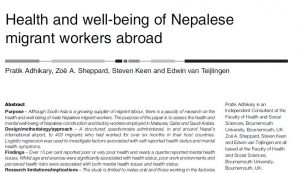







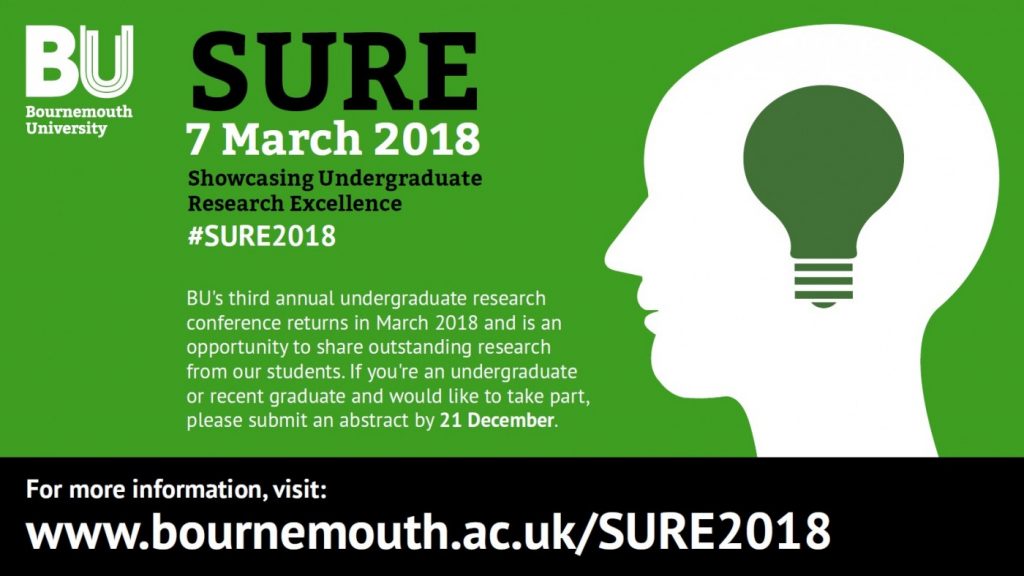
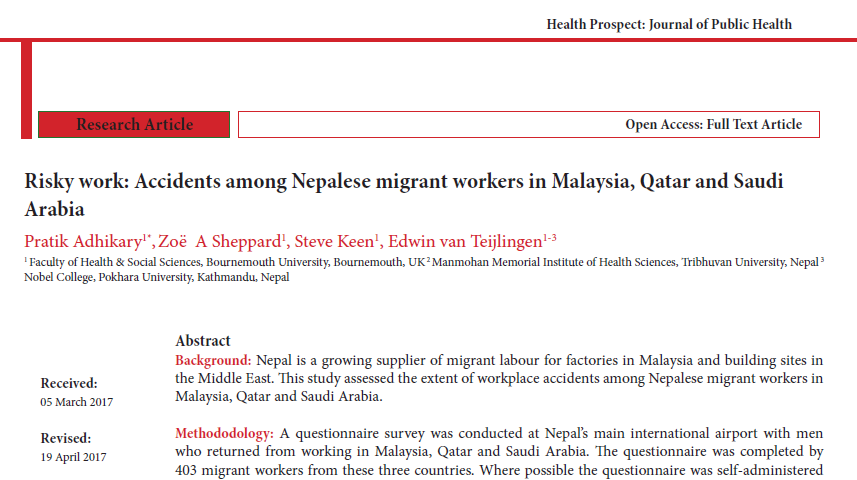
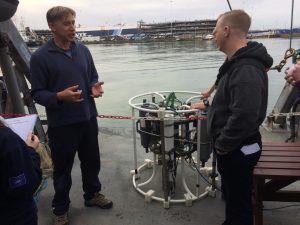 Undergraduate students in the department of Life and Environmental Sciences investigated the diversity of phytoplankton and zooplankton in Southampton water as part of their third-year Biological Oceanography module. Using the research vessel RV Callista at the National Oceanography Centre Southampton (NOCS), samples were collected at 5 locations, or “stations”, between Calshott and the Itchen River. Environmental data was collected at each station using an array of sensors, measuring parameters such as temperature, salinity, chlorophyll and oxygen concentration. Phytoplankton were collected at two depths at each site, representing deep and shallow water. Zooplankton was caught using a plankton net, with a 120µm mesh to catch zooplankton in the net. These samples were subsequently analysed back at the university.
Undergraduate students in the department of Life and Environmental Sciences investigated the diversity of phytoplankton and zooplankton in Southampton water as part of their third-year Biological Oceanography module. Using the research vessel RV Callista at the National Oceanography Centre Southampton (NOCS), samples were collected at 5 locations, or “stations”, between Calshott and the Itchen River. Environmental data was collected at each station using an array of sensors, measuring parameters such as temperature, salinity, chlorophyll and oxygen concentration. Phytoplankton were collected at two depths at each site, representing deep and shallow water. Zooplankton was caught using a plankton net, with a 120µm mesh to catch zooplankton in the net. These samples were subsequently analysed back at the university.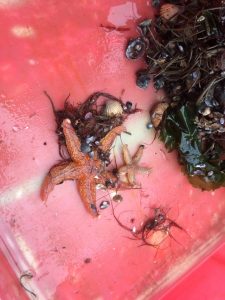 analyse the oxygen conent of the sediment. Benthic animals found included starfish, fish such as gobies and flounders, cuttlefish, crabs and ‘moss animals’ (bryozoans).
analyse the oxygen conent of the sediment. Benthic animals found included starfish, fish such as gobies and flounders, cuttlefish, crabs and ‘moss animals’ (bryozoans). When: 30 January 2018
When: 30 January 2018
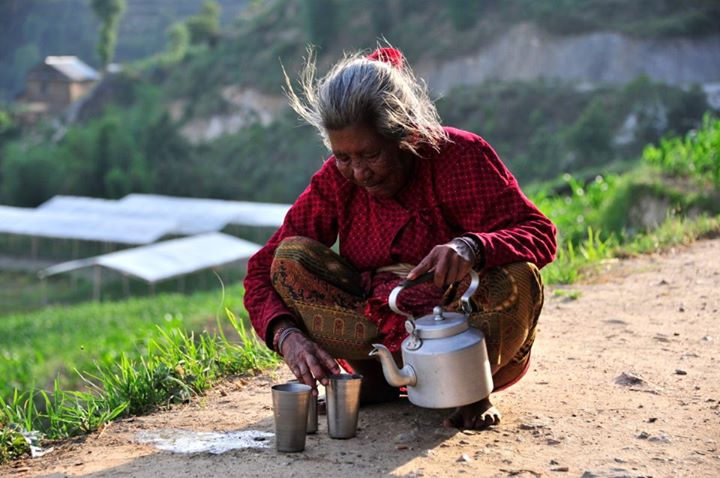
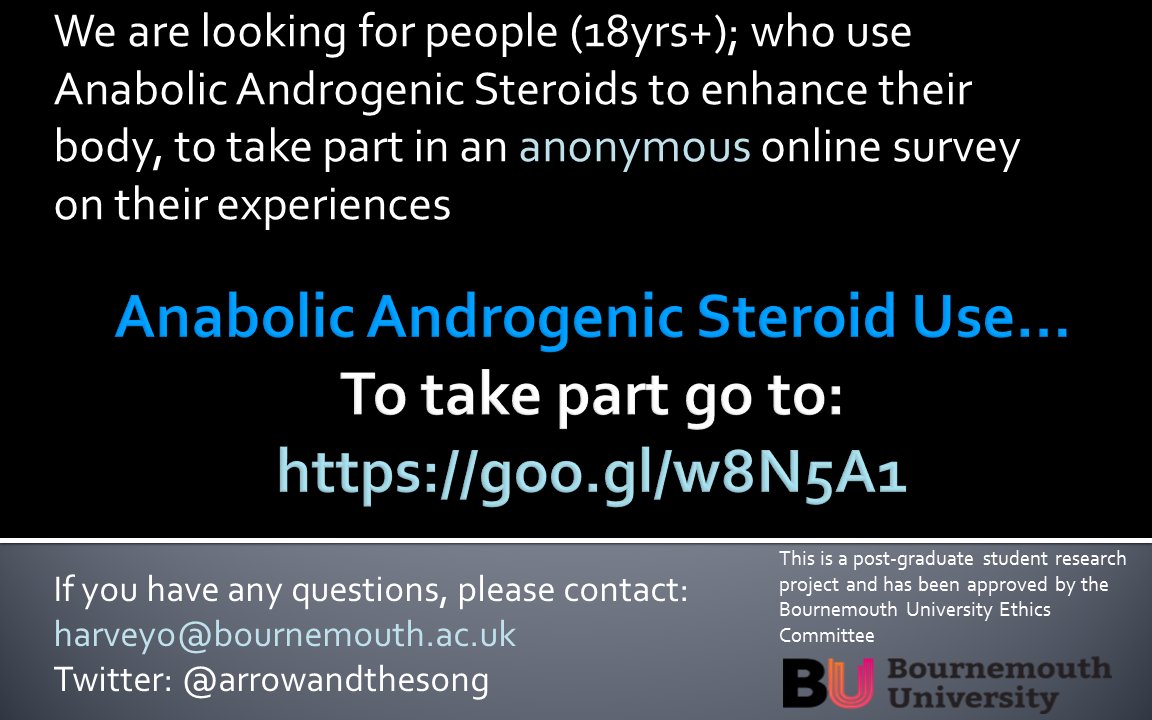











 New CMWH paper on maternity care
New CMWH paper on maternity care From Sustainable Research to Sustainable Research Lives: Reflections from the SPROUT Network Event
From Sustainable Research to Sustainable Research Lives: Reflections from the SPROUT Network Event REF Code of Practice consultation is open!
REF Code of Practice consultation is open! ECR Funding Open Call: Research Culture & Community Grant – Apply now
ECR Funding Open Call: Research Culture & Community Grant – Apply now ECR Funding Open Call: Research Culture & Community Grant – Application Deadline Friday 12 December
ECR Funding Open Call: Research Culture & Community Grant – Application Deadline Friday 12 December MSCA Postdoctoral Fellowships 2025 Call
MSCA Postdoctoral Fellowships 2025 Call ERC Advanced Grant 2025 Webinar
ERC Advanced Grant 2025 Webinar Update on UKRO services
Update on UKRO services European research project exploring use of ‘virtual twins’ to better manage metabolic associated fatty liver disease
European research project exploring use of ‘virtual twins’ to better manage metabolic associated fatty liver disease